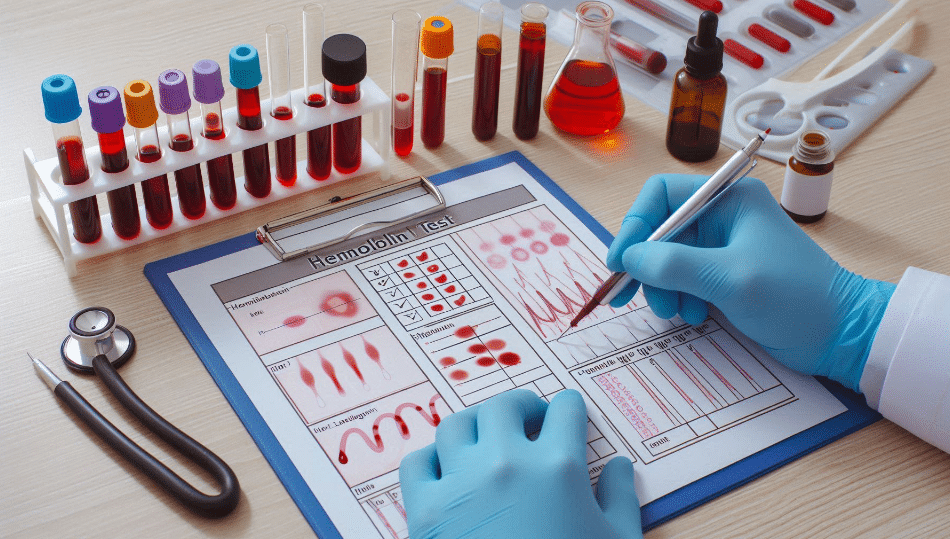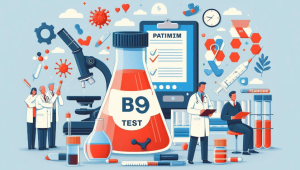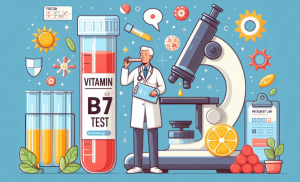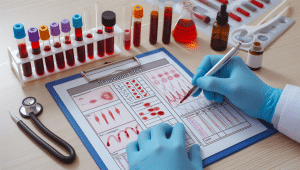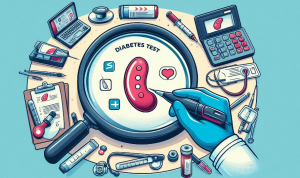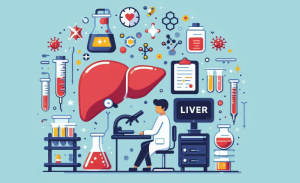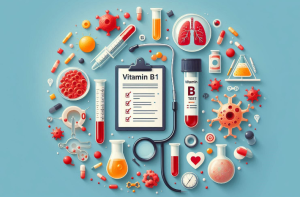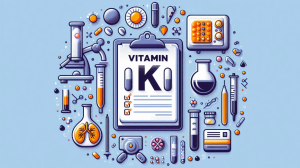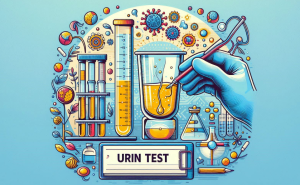What is a Hemoglobin A1c Test (HbA1c)?
A Hemoglobin A1c test, also known as HbA1c or simply A1c, is a blood test that provides an estimate of your average blood sugar levels over the past 2 to 3 months. It measures the percentage of hemoglobin (a protein in red blood cells that carries oxygen) that is coated with sugar (glucose). The higher your blood sugar levels, the more hemoglobin becomes glycated (coated with sugar).
Why Do You Need an HbA1c Test?
The HbA1c test is primarily used to:
- Diagnose diabetes: An HbA1c level of 6.5% or higher on two separate tests indicates diabetes.
- Diagnose prediabetes: An HbA1c level between 5.7% and 6.4% suggests prediabetes, a condition where blood sugar levels are higher than normal but not high enough for a diabetes diagnosis.
- Monitor blood sugar control in people with diabetes: The HbA1c test helps assess how well your diabetes treatment plan is working and whether any adjustments are needed.
- Assess the risk of complications: Higher HbA1c levels are associated with an increased risk of diabetes-related complications such as heart disease, nerve damage, eye problems, and kidney disease.
What Does an HbA1c Test Measure?
The HbA1c test measures the percentage of glycated hemoglobin in your blood. This reflects your average blood sugar levels over the past 2-3 months because red blood cells have a lifespan of about 120 days.
Preparing for the Test
Typically, no special preparation is needed for an HbA1c test. You can eat and drink normally before the test.
Understanding the Results
HbA1c results are reported as a percentage. The general interpretation is as follows:
- Normal: Less than 5.7%
- Prediabetes: 5.7% to 6.4%
- Diabetes: 6.5% or higher
For people with diabetes, the target HbA1c level is usually less than 7%, although this may vary depending on individual factors and circumstances. Your healthcare provider will discuss your results and what they mean for your health.
Risk Factors and Prevention
Several factors can increase your risk of developing diabetes and having high HbA1c levels:
- Family history of diabetes
- Overweight or obesity
- Physical inactivity
- Unhealthy diet
- Age (risk increases with age)
- Certain ethnic groups (e.g., African Americans, Hispanic Americans, Native Americans)
- History of gestational diabetes
- Polycystic ovary syndrome (PCOS)
Preventing or managing diabetes and keeping your HbA1c levels in a healthy range involve:
- Healthy eating: Focus on fruits, vegetables, whole grains, and lean protein. Limit sugary drinks and processed foods.
- Regular exercise: Aim for at least 150 minutes of moderate-intensity exercise per week.
- Weight management: Maintaining a healthy weight reduces the risk of diabetes.
- Medications: If lifestyle changes are not enough, your doctor may prescribe medication to help manage your blood sugar levels.
- Regular monitoring: Get your HbA1c checked regularly as recommended by your healthcare provider.
Remember, managing diabetes and maintaining good blood sugar control are essential for preventing complications and living a healthy life. If you have concerns about your HbA1c levels or your risk of diabetes, discuss them with your doctor.
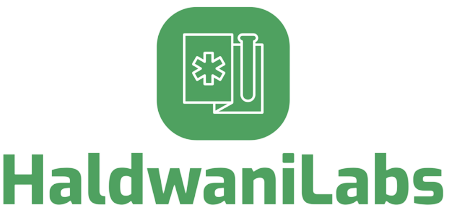
 7351982473
7351982473